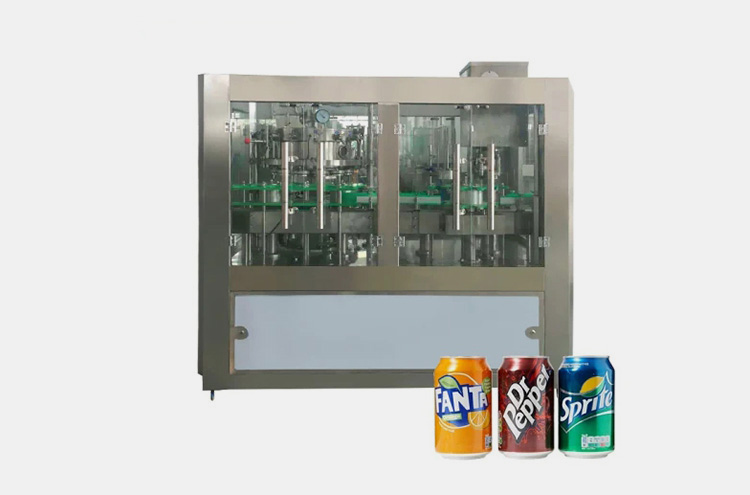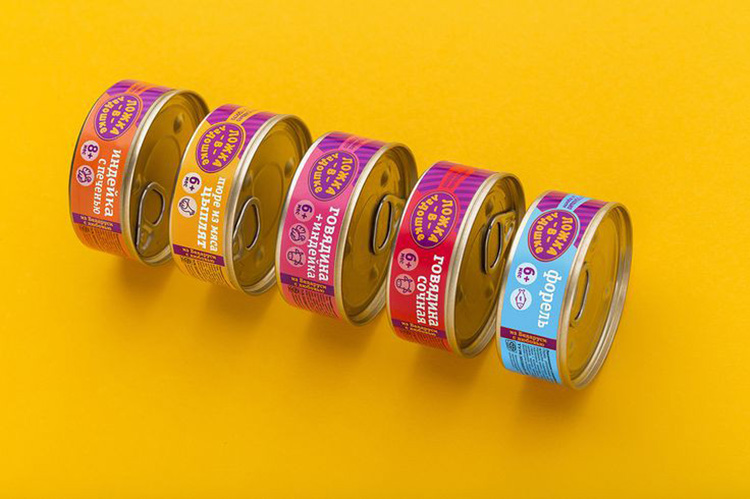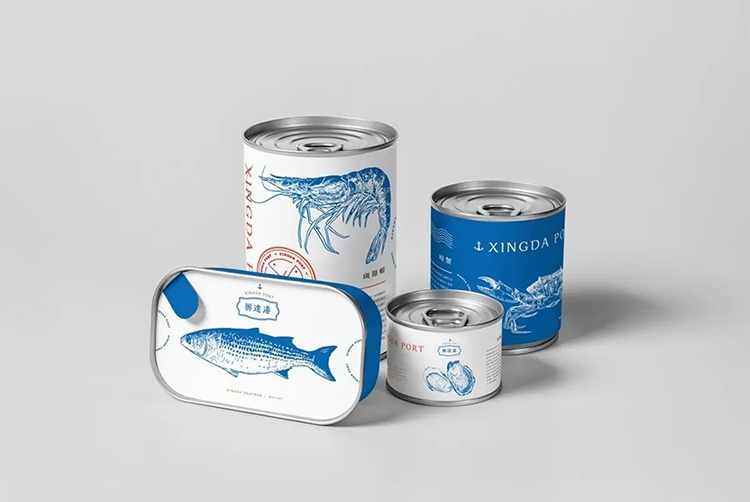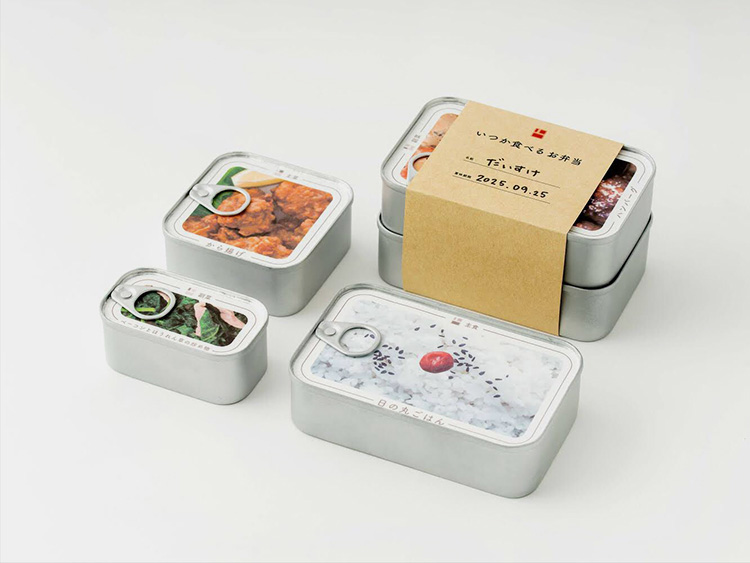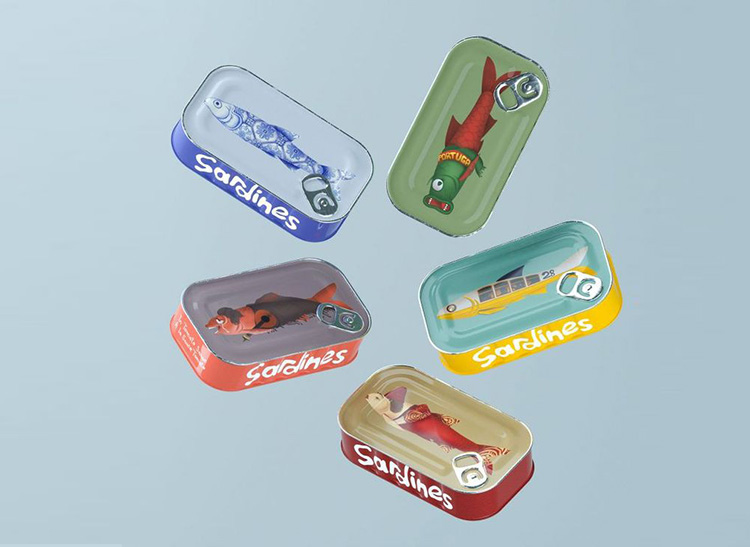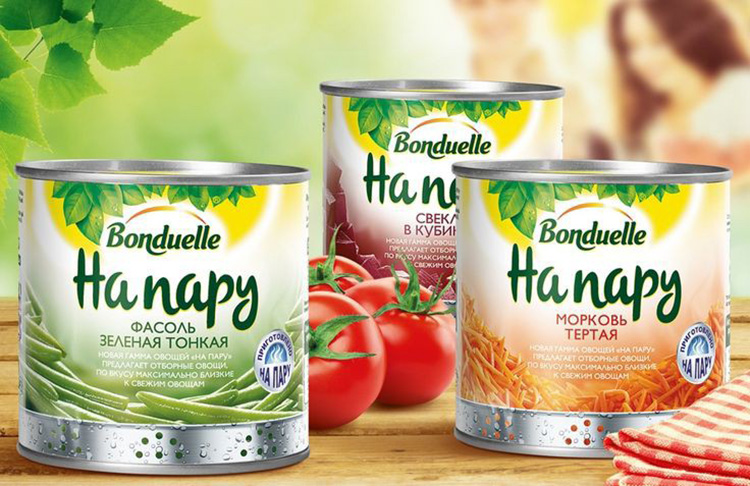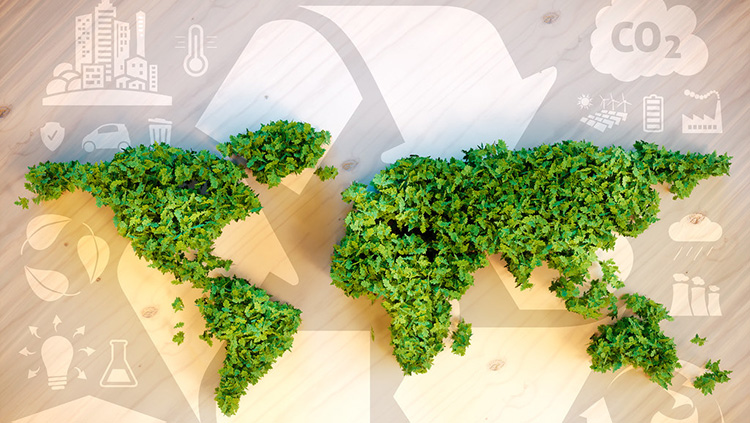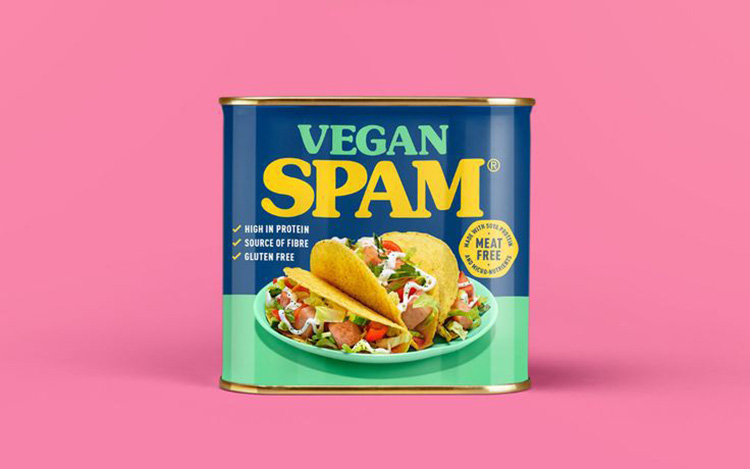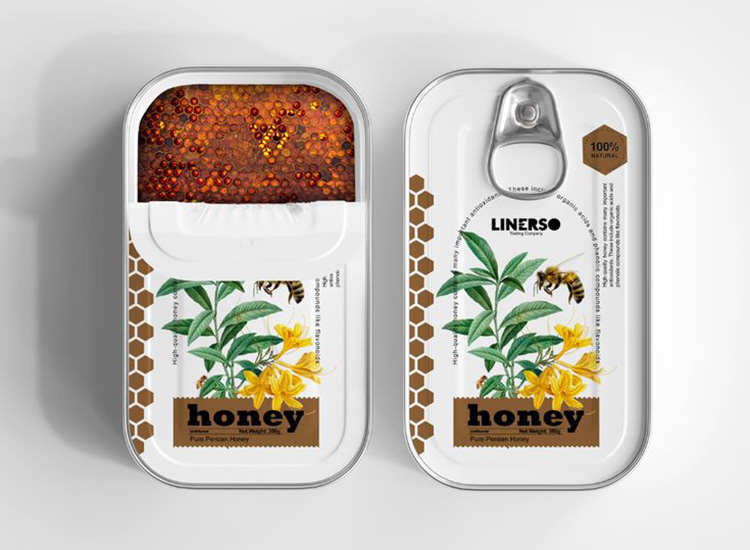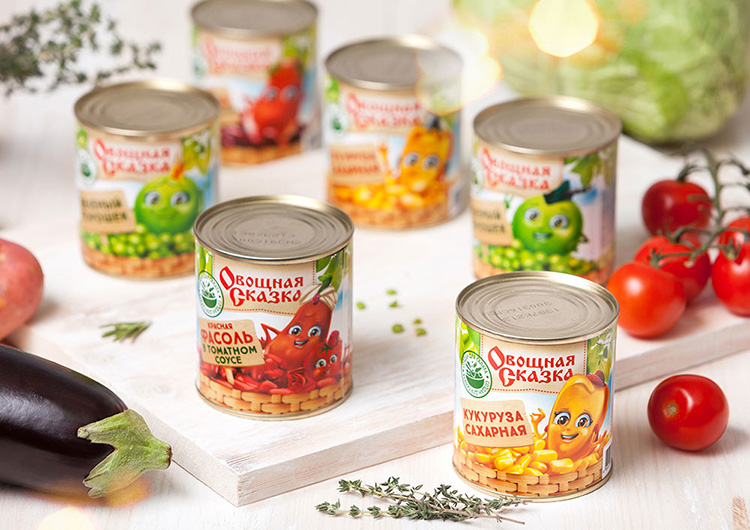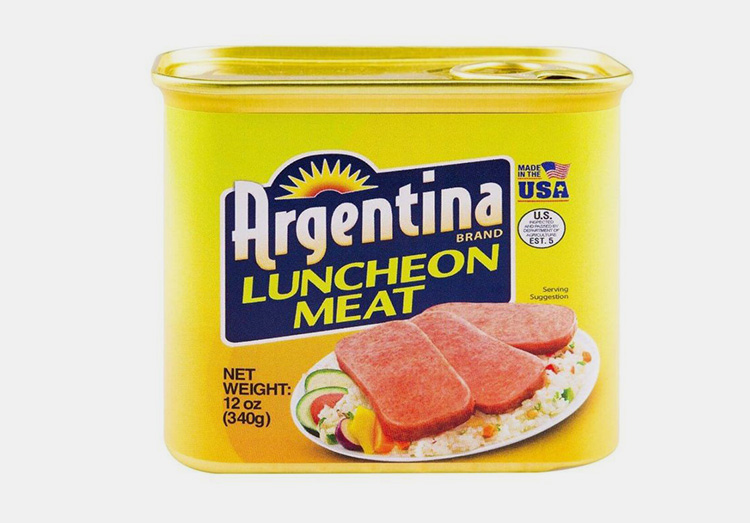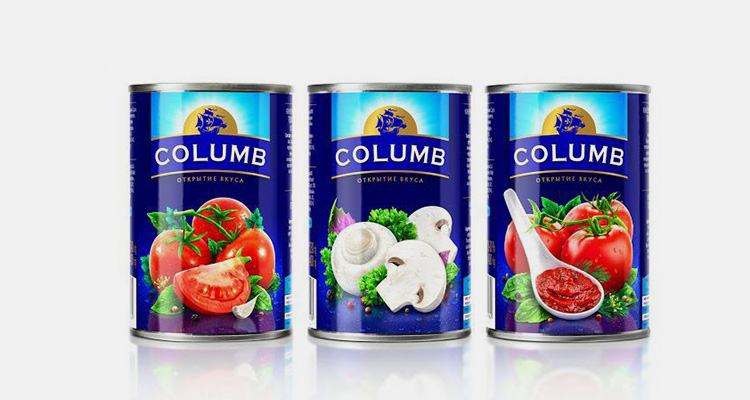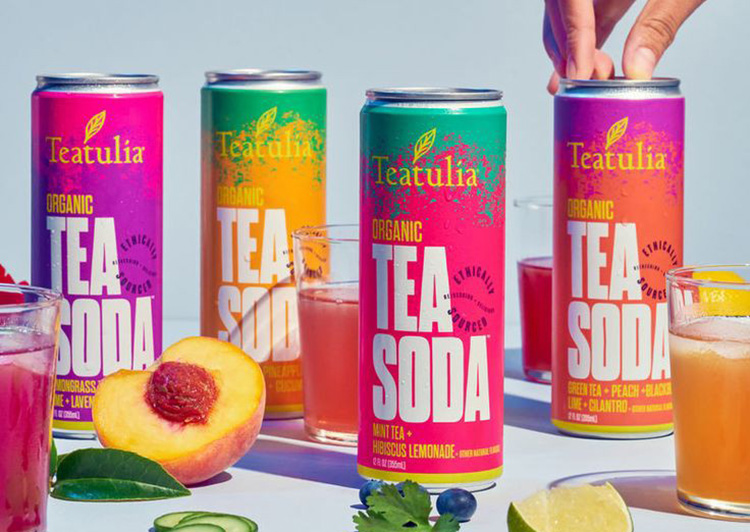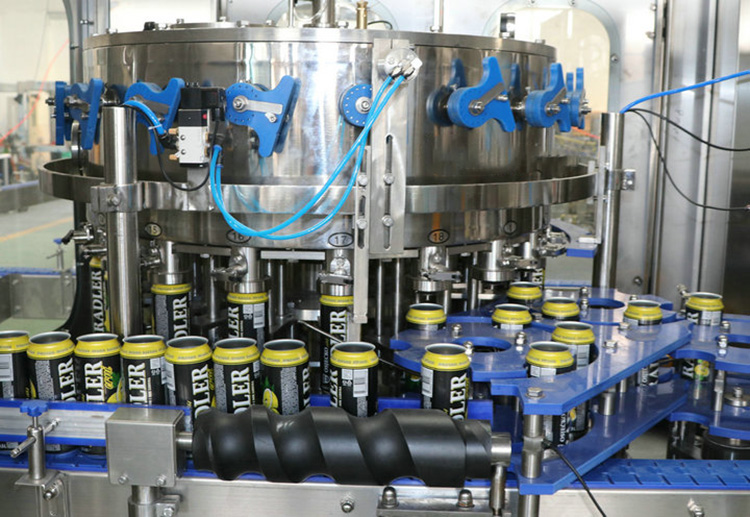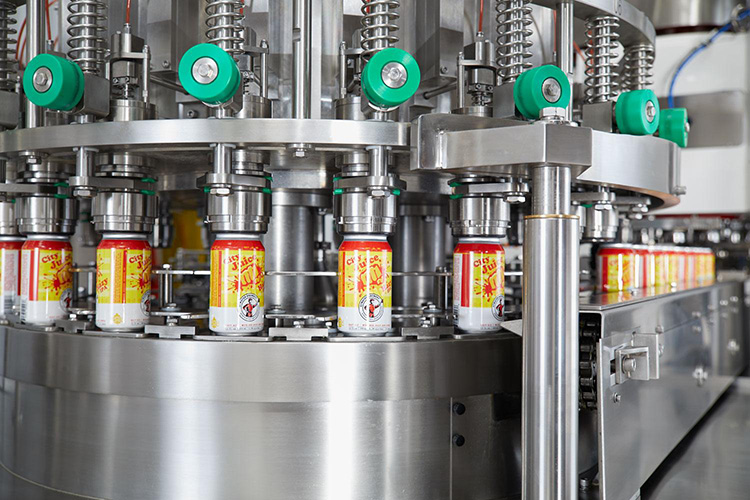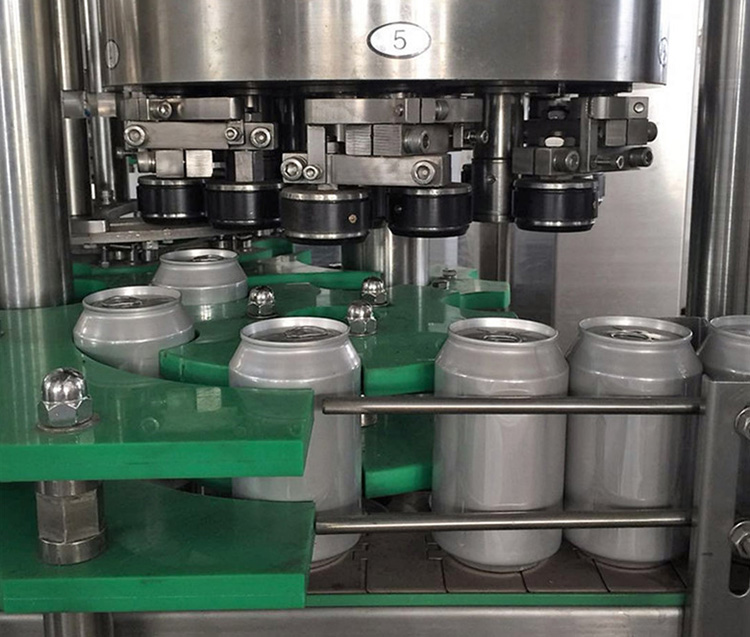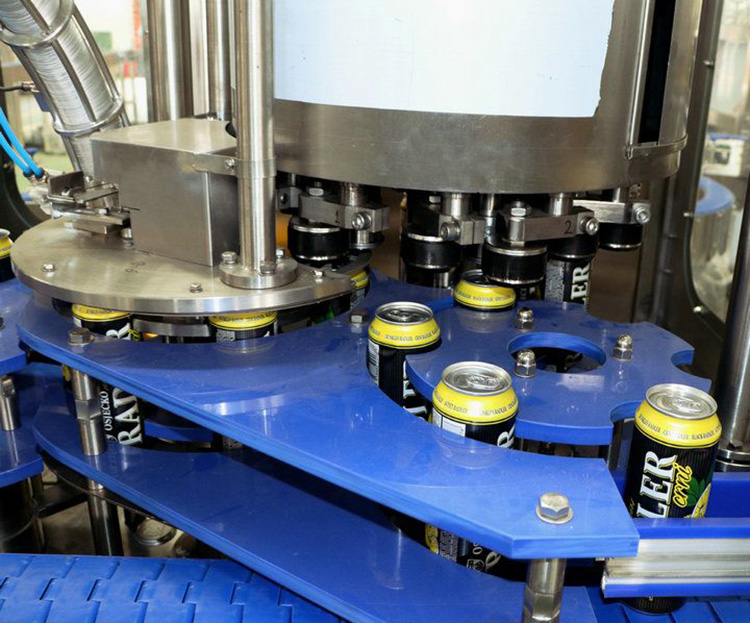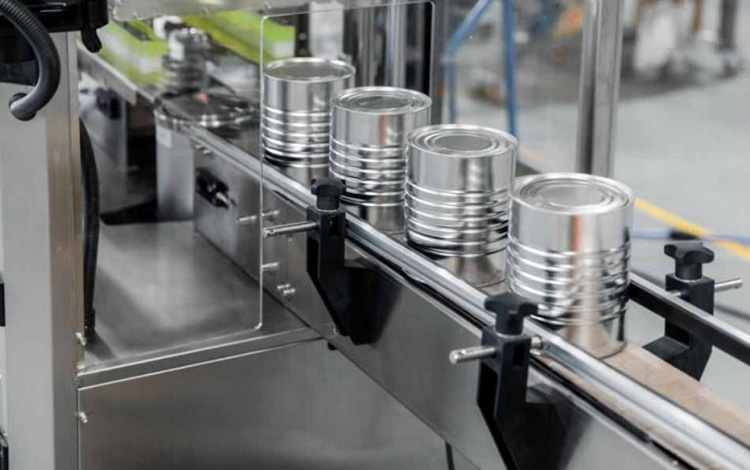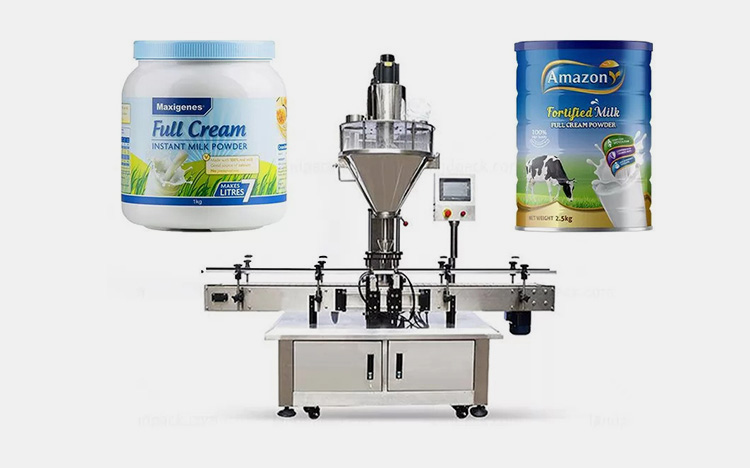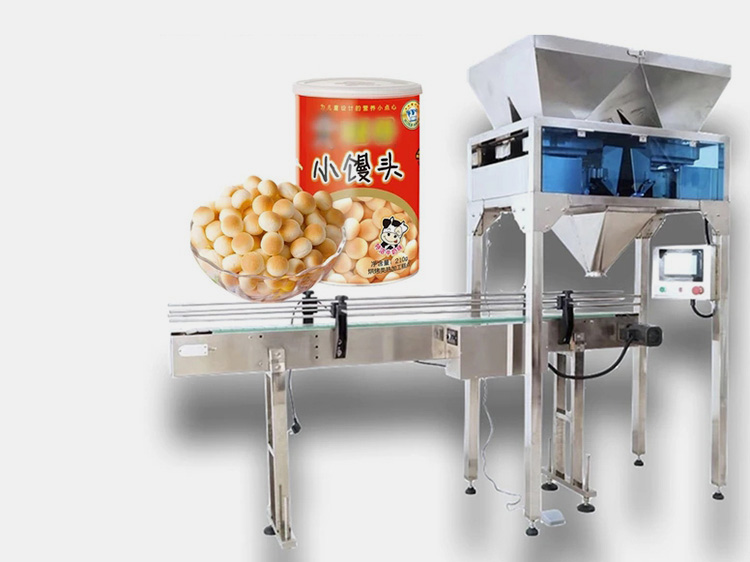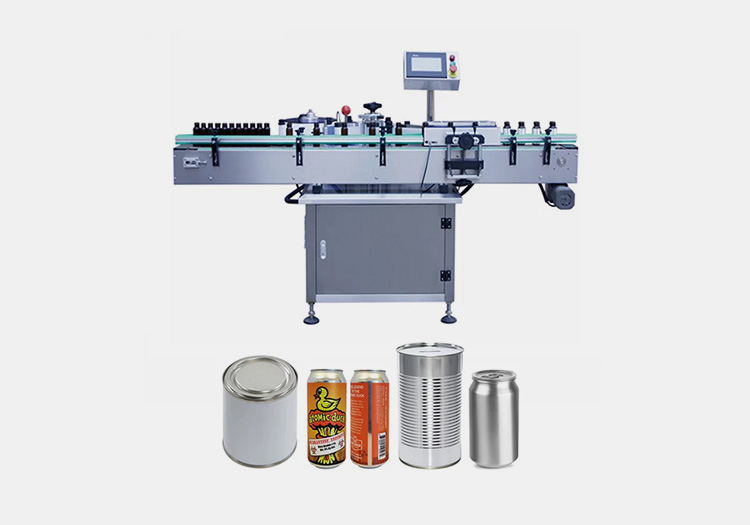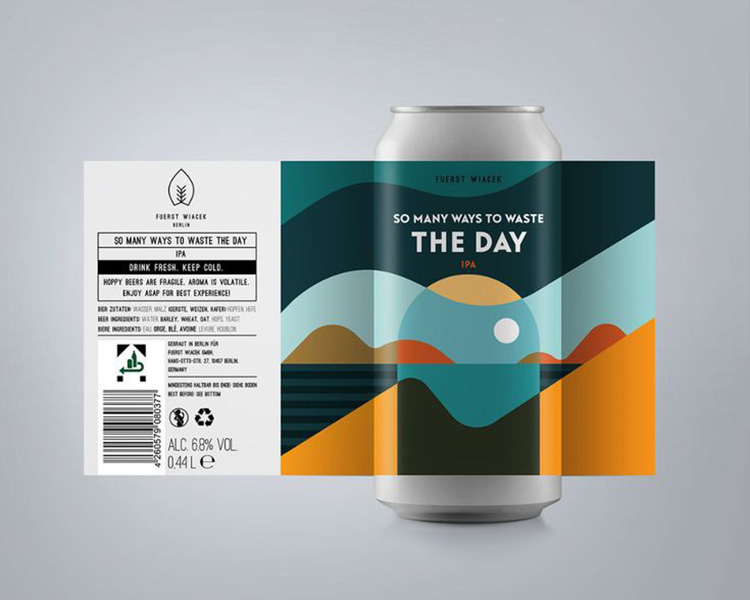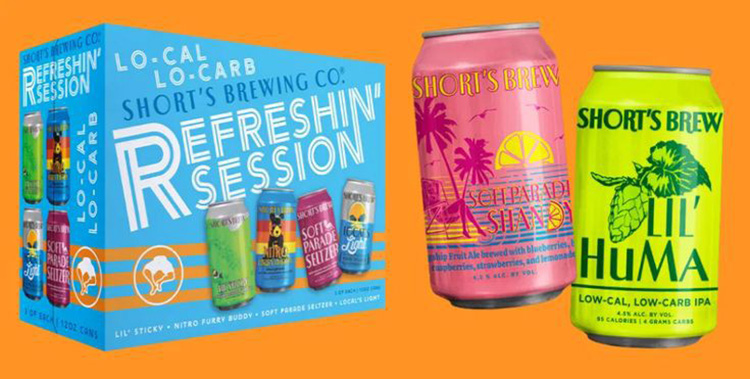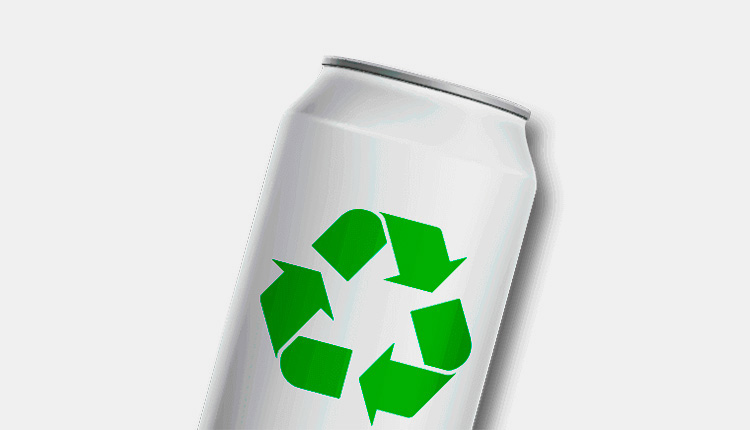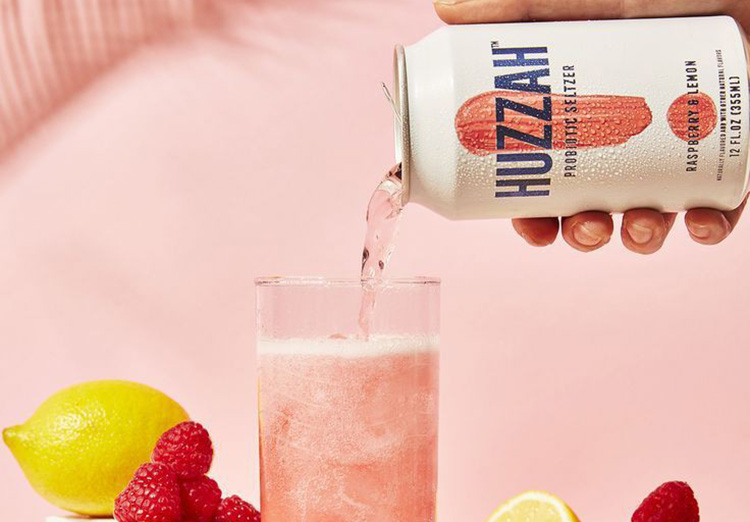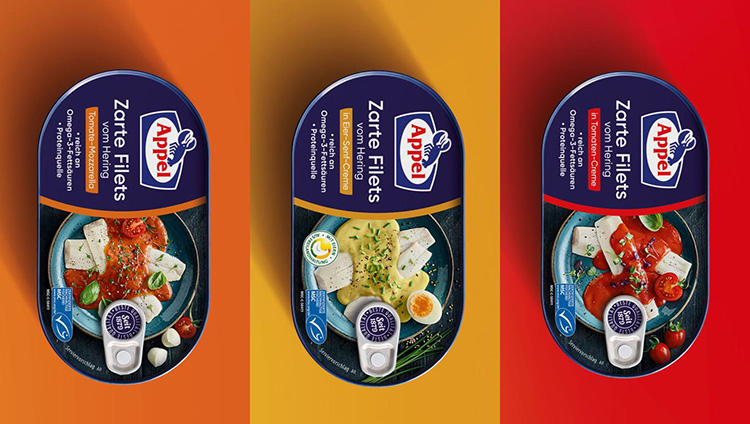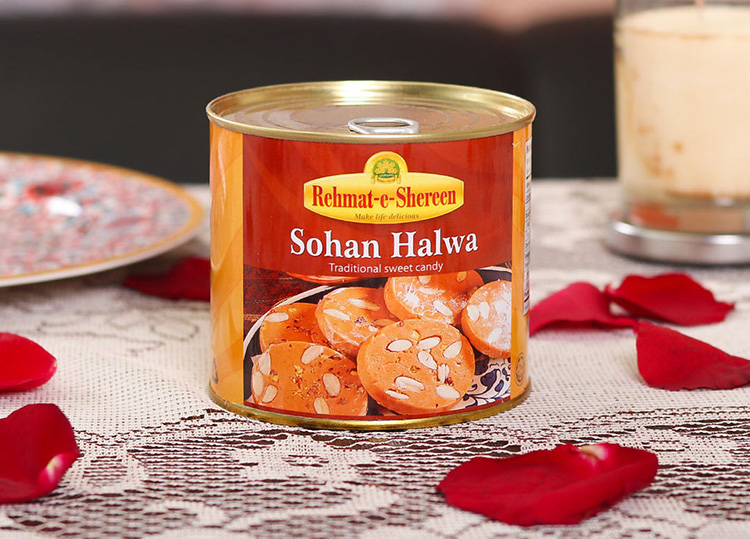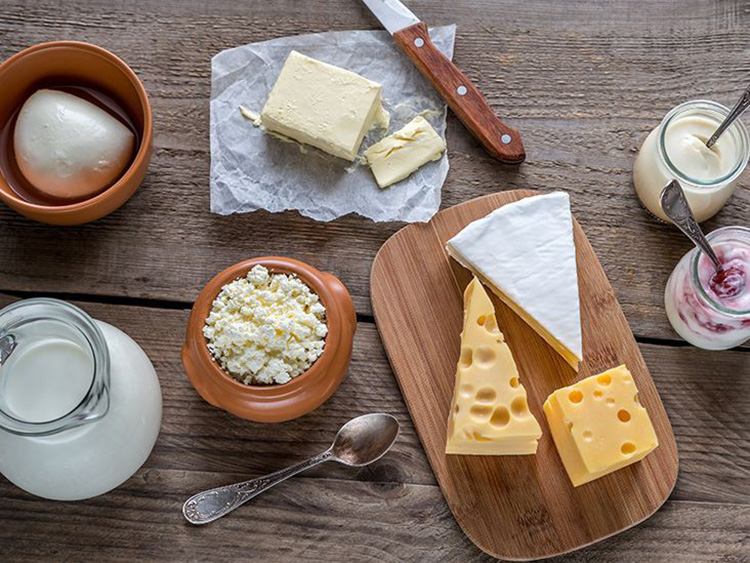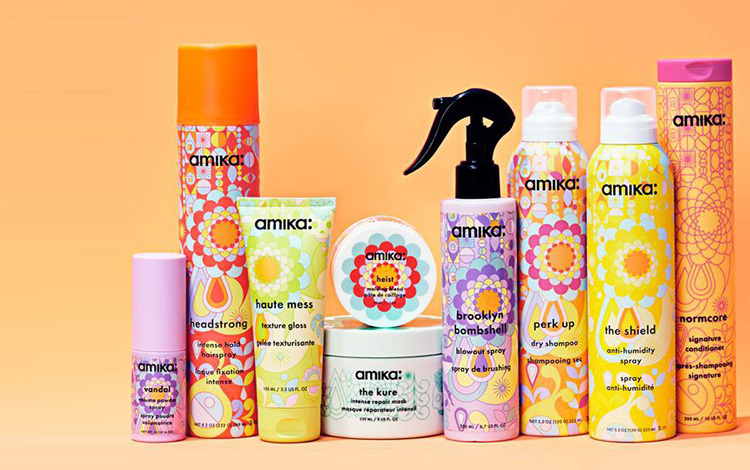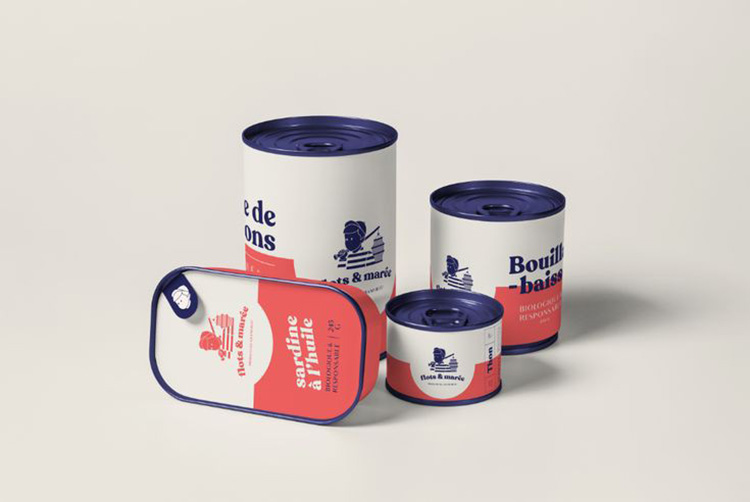Canned Packaging: The Complete FAQ Guide In 2024
Switching to canned packaging? You are on the right track to uplift your business! But do you have sufficient knowledge about the diverse aspects of canned packaging? What actually canned packaging means, its importance, the types of canned packaging, and much more about its labeling and making etc? If not! There is no need to fret, as this FAQ guide is prepared to answer all of your queries.
Canned packaging encompasses the packaging of food and non-food items in various types of cans with the help of canned packaging machines. It not only allow you to offer quality products in quality packaging, but carrying in it the immense significance of environmental friendliness, sustainability as well as attractive packaging. Turning towards canned packaging may also turn the fate of your business. This is the reason, why Allpack has composed this informative guide to familiarize you with the all essentials of canned packaging. So, what are you waiting for? Take a start and get all what you need for your canned packaging!
1.What Does Canned Packaging Mean?
Various seafood cans-Picture Courtesy: Gravual.com
Cans are thin containers made from steel, aluminum, or tin sheets. These containers are used for storing various types of food and non-food products such as drinks, sauces, lubricants, and pet food etc., for easy consumption and safe packaging. This process of packaging diverse substances in cans is known as canned packaging.
Although, there are range of other packaging options available in the market, yet canned packaging is the most significant due to its extreme durability, versatility, and high protection against moisture, air, and damage. Besides that, the tight sealing and quality retaining features help in expanding the shelf life of goods packed in cans.
2.Why Canned Packaging Is Preferable Over Other Types Of Packaging?
Food cans-Picture Courtesy: Pinterest
Canned packaging is often given preference over other types of packaging such as plastic, paper, and glass etc., due to following reasons:
- Cans are more durable than glass which easily get broken if exposed to harsh objects
- Cans are moisture proof which makes them more protected than paper packaging which do not have the potential to resist moisture for a longer time
- Unlike glass packaging containers, cans are light weighted, convenient to use, and easily portable
- Cans are good for sensitive products due to their potential to deter ultraviolet light which other packaging options do not have
3.What Types Of Cans Are Used For Canned Packaging?
Cans are available in different types depending on the type of material used for their formation. The common types of cans used for canned packaging are enlisted in the table below:
| No | Type of Cans | Description | Pictures |
| 1 | Steel Cans | Steel cans are made up of iron and carbon, therefore, these cans are heavyweight compared to aluminum cans. Steel cans are durable and do not damage during transit. | 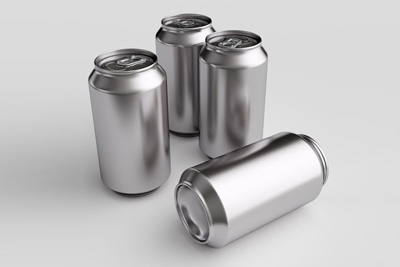
Steel cans-Picture Courtesy: recyclenation.com |
| 2 | Aluminum Cans | Aluminum cans are light weighted and malleable. These cans are made from thin aluminum alloy due to which highly corrosion resistant and more hygienic. | 
Picture Courtesy: fotografiaesencial.com |
| 3 | Tin Cans | Tin is a thin metal which is frequently used for producing tin cans. Although, tin cans are heavier than aluminum cans, they do not react with material having acidity. | 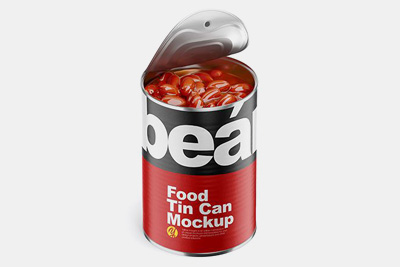
Tin food can-Picture Courtesy: yellowimages.com |
| 4 | Plastic Cans | Plastic cans are created from polyethylene terephthalate and polyvinyl chloride etc. They are more flexible and cost-effective, but are not environmental friendly. | 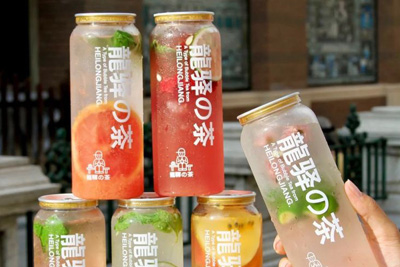
Various plastic cans-Picture Courtesy: Pinterest |
| 5 | Paper Cans | Paper cans are derived from woods. Unlike plastic cans, paper cans are safe for environment, product, and can be reused with little environmental impact. | 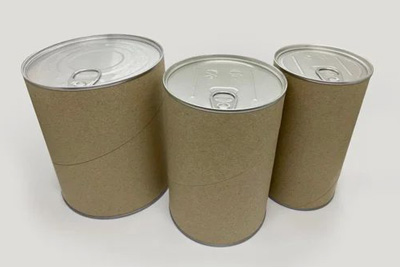
Paper cans-Picture Courtesy: indiamart.com |
4.What Are The Benefits Of Canned Packaging?
Canned packaging has extensive benefits for products as well as manufacturers. These advantages are highlighted as under:
Durability
Fish cans-Picture Courtesy: retaildesignblog.net
Cans are highly durable due to rigid structure which makes them stackable. Therefore, they remain strong during transit and keep the products safe from spillage.
Environmental Sustainability
Various food cans-Picture Courtesy: sostav.ru
Another significant benefit of canned packaging is that cans require less resources for manufacturing and packaging. They are eco-friendly, highly sustainable, and entirely safe for all types of food and non-food products.
Recyclable
Green world map-Picture Courtesy: bath.ac.uk
One of the crucial factors which makes the canned packaging more favorable is its unending recycling. Steel cans are magnetic, which implies that their sorting can be done without any difficulty. This makes the recycling of steel and tin cans more easy, eventually, resulting in low production cost.
Hygienic
Vegetable can-Picture Courtesy: thedieline.com
Cans are highly hygienic and corrosion resistant which allow your products to remain fresh, hydrated, and protected from bacteria. Therefore, the canned products will have safe and longer shelf life.
Convenient Usage
Honey cans-Picture Courtesy: packagingoftheworld.com
Cans are light weighted, compact, and have easy opening option. These features help in convenient handling of cans especially for outdoor consumption. Hence, you can take canned food with you on your trips, outdoor gathering even for your pets as well.
Flexibility
Fish cans-Picture Courtesy: packagingoftheworld.com
Cans are highly flexible as they can be molded in unique shapes and sizes for giving the products more attractive packaging. In this way, it can also be used for brand promotion and better business growth.
5.Which Food Products Are Suitable For Canned Packaging?
Multitude of products are suitable for canned packaging from liquids to solid and dry commodities. Some of these products are highlighted below:
Vegetables
Various vegetables cans-Picture Courtesy: ragordost.ru
Vegetables are the good source of minerals and vitamins. However, their freshness gets dull very quickly. To tackle this issue, canned packaging is often used to store the freshness and nutritional value of vegetables for longer period of time. The common vegetables packed in cans include corn, peas, beans, carrots, and mixed vegetables.
Meat
Meat can-Picture Courtesy: umamicart.com
Canned packaging is also used for ready to eat meat such as chicken, beef, and mutton etc. Canned meat may be in form of ready made curry or dry cooked meat like jerky or fried meat pieces.
Pastes
Various pastes in cans-Picture Courtesy: packagingoftheworld.com
Canned packaging is the most favorable type of packaging used for ready made pastes and sauces such as chilli sauce, tomato ketchup, mayonnaise, and soy sauce etc.
Fruits
Pineapple can-Picture Courtesy: dollartree.com
Now, various types of fruits including pineapple, cherry, pear, and peach etc., are also eligible to be packed in cans after thorough processing. It gives them longer shelf life and retain their delicious mouth watering taste for longer time period.
Pet Food
Cat food can-Picture Courtesy:
The growing care for pets has resulted in the safe production and packaging of pet food. Now, most of the wet pet food especially of cats and dogs are packed in cans for quality reasons. Therefore, canned packaging has good compatibility with pet food.
Drinks
Various soda cans-Picture Courtesy: trendhunter.com
All types of carbonated drinks encompassing cold drinks, wine, soda, and other liquids like milk and juices can also be packed in cans.
Butter
Peanut butter can-Picture Courtesy: beprepared.com
Multiple viscous substances such as peanut butter, cream, yogurt, and cheese etc., are also good for canned packaging.
Edible Oil
Olive oil can-Picture Courtesy: bpando.org
Various edible oil including olive oil, palm oil, soybean oil, peanut oil, and canola oil are also good compatible for canned packaging.
6.Explain The General Working Procedure Of Canned Packaging?
Canned packaging can be achieved by following the sequential steps mentioned below:
Can Loading
Can loading-Picture Courtesy: okfillingmachine.com
The process of canned packaging starts when machine is loaded with bulk of empty cans. It can be done both manually or automatically depending on the type of machine.
Can Filling
Can filling-Picture Courtesy: probrew.com
When empty cans reach under the filling station, machine automatically detect the presence of cans and deliver the measured amount into cans. For instance, different types of fillers including gravity filler, piston filler, time based filler, or level based filler may be used for can filling.
Can Capping
Can capping-Picture Courtesy:
Once the cans get filled with liquid, powder, or granules, they are moved ahead for neck closure. Here, these filled cans are capped with lids over them.
Can Sealing
Can sealing-Picture Courtesy: okfillingmachine.com
After capping, cans are conveyed to sealing machine where the chuck of machine hold the cap and move the can body upward. Here, the machine interlock the edges of can body and create tight sealing.
Can Discharging
Can discharging-Picture Courtesy: levapack.com
At the end, packed cans are discharged sequentially from can sealing machine towards other machine for further processing.
7.Write Down The Various Machines Used In Canned Packaging?
Canned packaging is carried out by several machines which are described below:
Canned Packaging Liquid Filling Machine
Canned packaging liquid filling machine-Picture Courtesy: madeinchina.com
Canned packaging liquid filling machine is developed for the packaging of all types of carbonated drinks, wine, milk, and juices etc. The machine has different types of gravimetric fillers for precise filling. Generally, the machine is loaded with empty cans which are delivered to filling station. During operation, when machine detect cans under filling nozzles, it swiftly conveys the accurate liquid dosage into cans. Here, the filling process gets completed after which sealing is carried out.
Canned Packaging Powder Filling Machine
Can powder filling machine-Picture Courtesy: rotarypack.com
Canned packaging powder filling machine is suitable for filling powdery substances in cans with the help of auger filler for precise dosing. It consists of a hopper, main frame, stainless steel body, control system, and filling heads. Firstly, the machine measures the weight of powder to be filled in cans, and then fill the measured volume of powder into cans. After that, sealing of cans take place. This type of machine is good for all types of dry powders packaging like milk powder and chocolate powder etc.
Canned Packaging Weighing & Filling Machine
Canned packaging weighing and filling machine Picture Courtesy: aliexpress.com
Canned packaging weighing and filling machine is designed with special features to fulfill the function of loading cans with measured granulated products. It works by accurately weighing the products and fill them into cans when machine detect cans presence under filling heads. After filling, cans get sealed through a seamer and finally discharged by the machine. This machine is good for granulated products like packaging of fruit chunks, vegetables, and beans etc.
Canned Packaging Sealing Machine
Canned packaging sealing machine-amazon.co.uk
Canned packaging sealing machine is also called can seamer which is employed to seal the mouth of cans. The machine consists of mainframe, chuck, can holding base, and electric control system. After the cans get filled with products, this machine comes into action and seals the can by creating hermetic sealing through interlocking the edges of can body and lid together. Hence, it plays vital role in the effective canned packaging.
Canned Packaging Labeling Machine
Canned packaging labeling machine-Picture Courtesy: vkpack.com
Canned packaging labeling machine is an important machine used for labeling empty or filled cans. Although, the types of canned packaging labeling machine may vary according to the labeling material or nature, however, the general process of the machine is similar. The machine works by taking labels from a film roller and apply these labels over cans through using force or pressure. It eventually results in the formation of uniform and beautiful labeling.
8.Describe The Labeling Requirements Of Canned Packaging?
Canned packaging also requires proper labeling which are available in different types including:
Sticker Labeling
Can sticker label-Picture Courtesy: Behance
Sticker labeling is also known as adhesive labeling due to the sticky glue attached to the back of labels. These labels are made from either plastic, paper, or aluminum foil. Therefore, cans may be labeled with sticker labeling easily. Sticker labeling is applicable to all types of cans regardless of the nature of can material.
Shrink Wrap Labeling
Can shrink sleeve labeling idea-Picture Courtesy: thefullpint.com
Shrink wrap labeling is another type of labeling available for canned packaging. It involves wrapping a rigid printed plastic around can which is then passed through a heating phase to adopt the shape of can. Shrink wrap labeling is good for aluminum and steel cans.
Printing Labeling
Printed can-Picture Courtesy: thedieline.com
Cans may also be labeled through printing labeling. Such labeling involves the application of multi-color ink over the cans through a machine. This type of labeling can be used for steel, plastic, and aluminum cans.
9.Are Canned Packaging Containers Environmental Friendly?
Eco-friendly can-Picture Courtesy: envases.mx
Canned packaging is environmental friendly compared to other types of packaging such as plastic and glass. It is due to less energy consumption required for producing aluminum or steel cans compared to glass and plastic manufacturing which need many resources.
Moreover, as metal is easily caught by magnetic field, their recycling process is much easier which results in low waste and land fills. Despite being eco-friendly and sustainable, there are certain factors associated with canned packaging such as proper waste management, cans manufacturing, and recycling, which must be appropriately regulated.
10.What Is The Right Double Seaming For Canned Packaging?
Double seaming process-Picture Courtesy: seamschool.com
Double seaming refers to the process of sealing cans by interlocking the edges of can body and its cover. Although, this process of double seaming is done mechanically and ensure full product safety against leakage and pollution, however, any adverse defects in seam can deteriorate the product quality. Hence, it is crucial to know the right seaming method and keep checking its application during actual process.
The right double seaming takes place when the edges of both body and lid are folded in a way that the length of lid is slightly larger than that of body. During seaming process, the lid edge overlap the body by moving inward and form a hermetic sealing. It helps in extending the product shelf life by retaining its integrity and quality.
11.Which Industries Are Famous For Utilizing Canned Packaging?
Canned packaging is now more popular in almost all types of industries for packaging various products. Some of the prominent industries are as follows:
Beverage Industry
Juice can presentation idea-Picture Courtesy: joestpierrephoto.com
Beverage industry has the largest cans production of 370 billion cans per year. It shows how eagerly the beverage industry has expanded the use of cans for carbonated drinks, juices, and wine etc. Therefore, canned packaging is extensively utilized in beverage industry.
Food Industry
Now, canned packaging is used for the various products under food industry including chicken, seafood, and processed vegetables etc., to facilitate quick cooking, enhance product sustainability, and mesmerizing appetite packaging.
Confectionary Industry
Halwa can-Picture Courtesy: sentimentsexpress.com
Confectionaries are rich in sugar and most of them are moist too. It makes them attractive for micrograms and insects which can swiftly resulted in their deterioration. This is the reason why canned packaging is gaining more popularity in confectionary industry for the safe packaging of candies, gummies, peanut butter, and desserts etc.
Diary Industry
Various dairy products-Picture Courtesy: healthline.com
Diary industry encompasses the production and processing of various products including milk, yogurt, butter, and cheese etc. Due to the sensitive nature of these goods most of the industries are now using canned packaging for being highly hygienic and safe for diary products preservation.
Pet Food Industry
Dog food cans-Picture Courtesy: edgardcooper.com
Among other sectors, pet food industry is also profoundly utilizing canned packaging for the packaging of various pet food such as meat broth for cats, dog food, and pet treats etc.
Cosmetic Industry
Various cosmetic products-Picture Courtesy: jhonandginger.co.uk
Cosmetic industry has also been influenced by the growing popularity of canned packaging. Therefore, you may also find lots of canned cosmetic products on your dressing table as well, such as a perfume bottle, gel, and hair oil etc.
12.What Are The Future Prospects Of Canned Packaging?
Various cans-Picture Courtesy: Behance
Canned packaging is growing quite rapidly due to the several benefits associated with it. Now, people are more concerned about environmental safety and quality packaging for which they found canned packaging more eco-friendly. Apart from that, manufacturers also want to explore innovative and cost-effective way of packaging, so, where convenient recycling is possible.
Moreover, cans are light weighted and best suitable for on-the-go usage which is why the demand for canned packaging is also increasing as people prefer to buy ready made food. Together, these factors are pushing the canned packaging market to flourish more and have a bright future.
Conclusion
To put in a nutshell, canned packaging has promising benefits of environmental sustainability, quality preservation, brand promotion, and convenience. Along with that, canned packaging also has diversity in packaging design which allows you to better utilize it for your successful business. Most importantly, by properly applying the information provided above you can employ diverse means to distinguish your canned packaging. Let us know if you need further information or want to buy cutting edge canned packaging machine offered by Allpack!
Don't forget to share this post!
CONTACT US
Tell us your raw material and project budget to get quotations within 24 hours.
WhatsApp Us: +86 181 7101 8586
The Buyer's Guide
